IMMEDIATE RELEASE – Bali, Indonesia: United Nations Secretary-General Ban Ki-moon received today “BUSINESS: A Powerful Force for Supporting Interfaith Understanding and Peace,” a new joint publication by the Religious Freedom & Business Foundation and the UN Global Compact Business for Peace platform.

The following are RFB Foundation President Brian Grim’s remarks made during today’s UN Alliance of Civilizations (UNAOC) side event organized by the Indonesia Global Compact Network (IGCN) where the publication was launched.
*** *** ***
Your Excellency, Secretary-General Ban Ki-moon, and distinguished guests, we are thrilled for your participation in this UNAOC side event organized by the Indonesia Global Compact Network (IGCN), “The Role of Business in Promoting Inter-cultural and Interreligious Peace and Harmony.”
It’s my honor to give a brief summary of three themes we have explored today: Research, Action and Partnership.
RESEARCH
Our discussion today is informed by Pew Research data presented at the past two UNAOC meetings in Doha and Vienna showing that the world has been swept by a rising tide of global restrictions on religious freedom or belief, which come from governments and perhaps, even more powerfully, from groups in societies. These data show that three-in-four people today live with high religious restrictions or hostilities.
Of course, the pressing question is: What can be done to roll back the tide? As a social scientist and NGO leader, it is clear to me that the answer lies in engaging the creativity and power of the global business community, because business is the crossroads of culture, commerce and creativity.
Indeed, recent research shows that freedom of religion or belief is not only a powerful instrument of peace, but also one of only a handful of factors that predicts economic growth. Data show that freedom of religion or belief is strongly associated with global competitiveness, including education, innovation, health and better lives for women and children.
ACTION
So, how are businesses approaching interfaith understanding and peace? To answer this, the Religious Freedom & Business Foundation and the Business for Peace platform are pleased to announce a new training resource: “BUSINESS: A Powerful Force for Supporting Interfaith Understanding and Peace.” I’ll highlight several of the approaches from the publication:
- Business can Use Marketing Expertise to Bridge Borders: The Coca-Cola Small World campaign, including vending machines linking people in Pakistan and India by video, shows that getting along is good for society and good for business.
- Business can Incentivize Innovation: The BMW Group’s intercultural innovation award in partnership with the UNAOC is an excellent example of incentivization as well as of a successful public-corporate partnership.
- Business can Incubate and Catalyze Social Entrepreneurship: For instance, Petrobras in Brazil supports business incubation for Afro-Brazilians, helping members of marginalized communities engage in empowering entrepreneurship.
- Business can Support Workforce Diversity: For instance, businesses in Indonesia are known for accommodating faith in the workplace. They are also known for addressing difficult unmet social needs, such as organizing a mass wedding for interfaith couples who had lived without legal status and with no ready means to become legitimately wed.
PARTNERSHIPS
It is important to recognize that joint action – like that occurring in this side event – plants seeds that grow into fruit-bearing trees in the years to follow. For instance, the 3rd UNAOC meeting was held in Rio de Janeiro in 2010. I’m pleased to announce that together with partners in Brazil and Rio, we will hold the first global awards for business, interfaith understanding & peace during the 2016 Olympics. This is especially significant because Brazil is a country with an unprecedented story of peaceful religious change that can serve as a model for many conflict situations today. Indeed, in peacemaking, it is critical that countries with success stories like Brazil and Indonesia exercise global leadership in this area.
All of us look forward to working together to addresses these issues, and turning potential into practice. For instance, why don’t we put to practice a suggestion hinted at this morning by Indonesian President Susilo Bambang Yudhoyono and build a network of diaspora business leaders committed to the vision of a global future of innovative and sustainable economies where religious freedom and diversity are respected.
And finally, an episode in the life of the prophet Isaiah captures what I believe is the spirit of many, many business people willing to help realize this vision: “Then I heard the voice of the Lord saying, ‘Whom shall I send? And who will go for us?’ And I said, ‘Here am I. Send me!’”
Thank you.

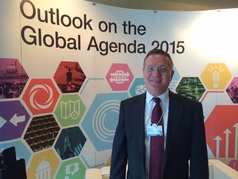
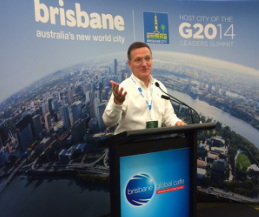
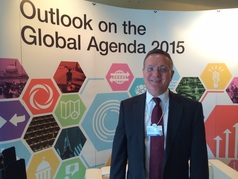
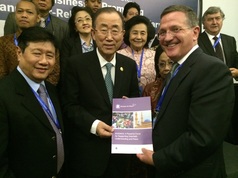
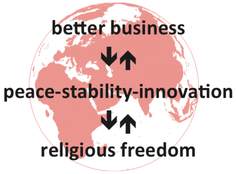



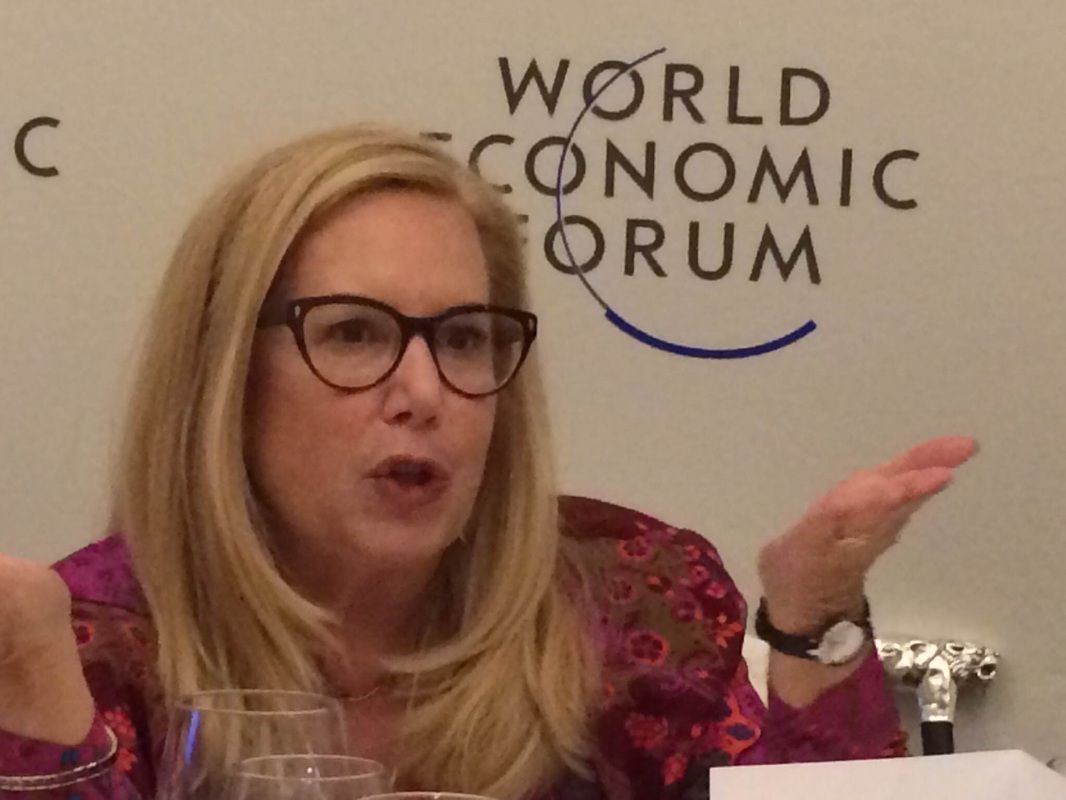
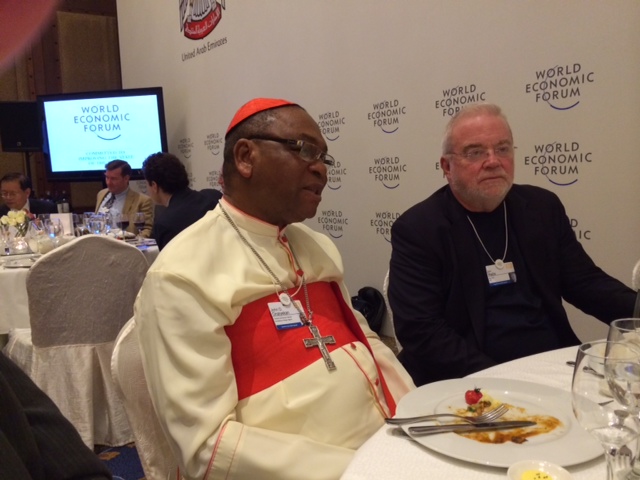
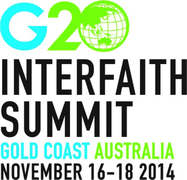

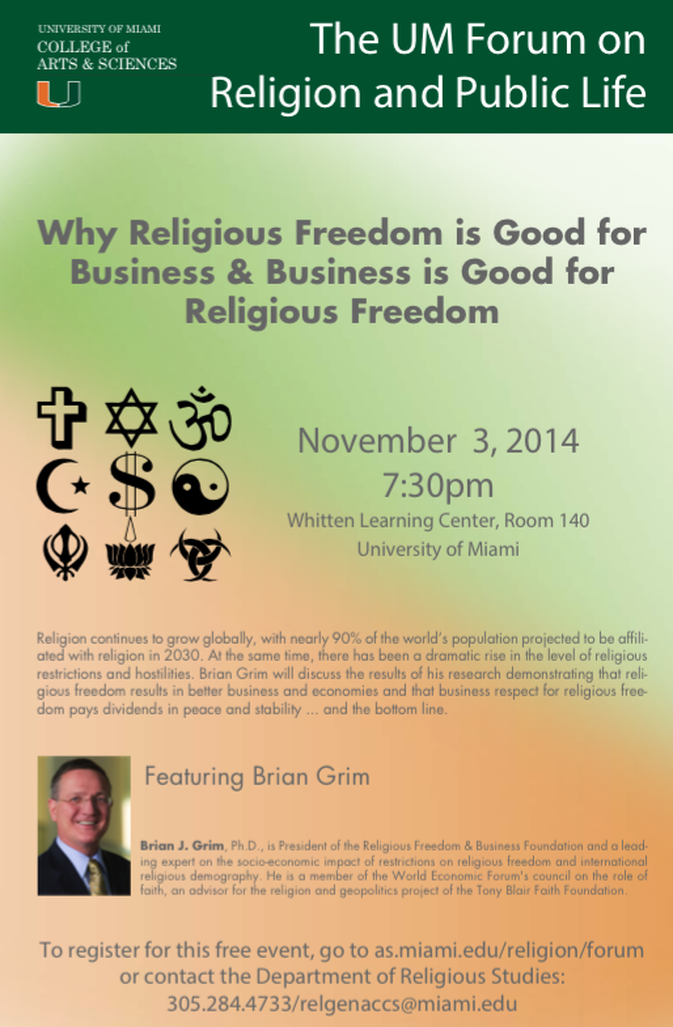
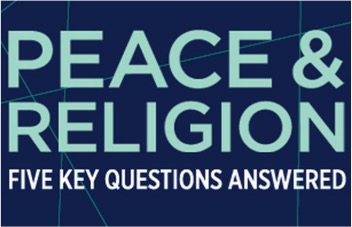



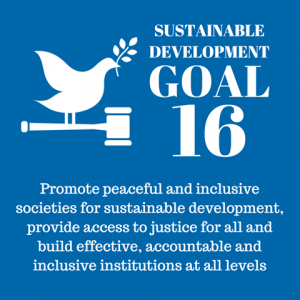
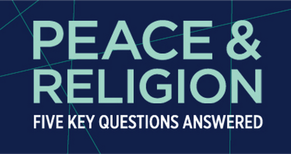
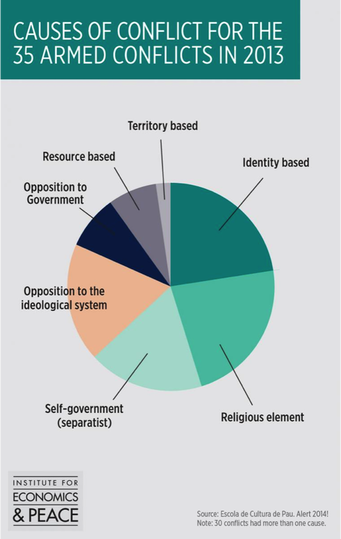
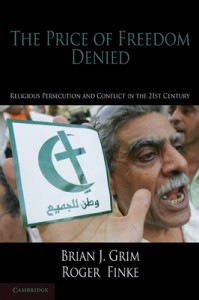
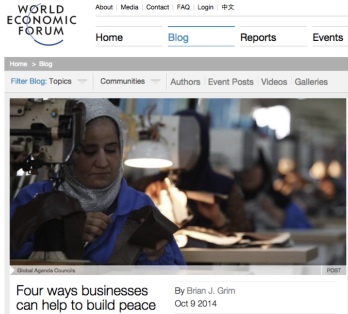

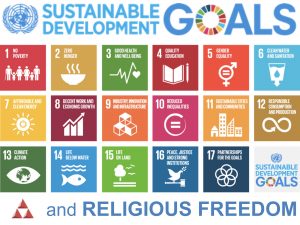
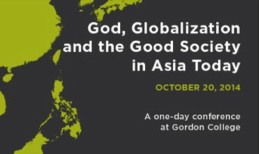



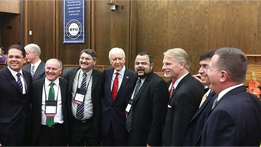
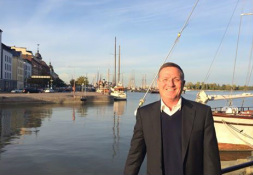
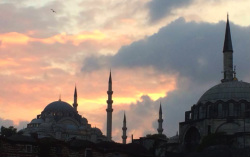


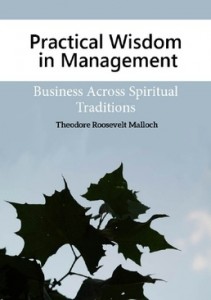
 At the Vatican yesterday, ANSA reports that former Israeli President Shimon Peres proposed the formation of a “United Religions” organization to combat terrorism. “The UN has had its time,” Peres was quoted as saying by Catholic weekly Famiglia Cristiana. “What we need is an organization of United Religions, the UN of religions.”
At the Vatican yesterday, ANSA reports that former Israeli President Shimon Peres proposed the formation of a “United Religions” organization to combat terrorism. “The UN has had its time,” Peres was quoted as saying by Catholic weekly Famiglia Cristiana. “What we need is an organization of United Religions, the UN of religions.”